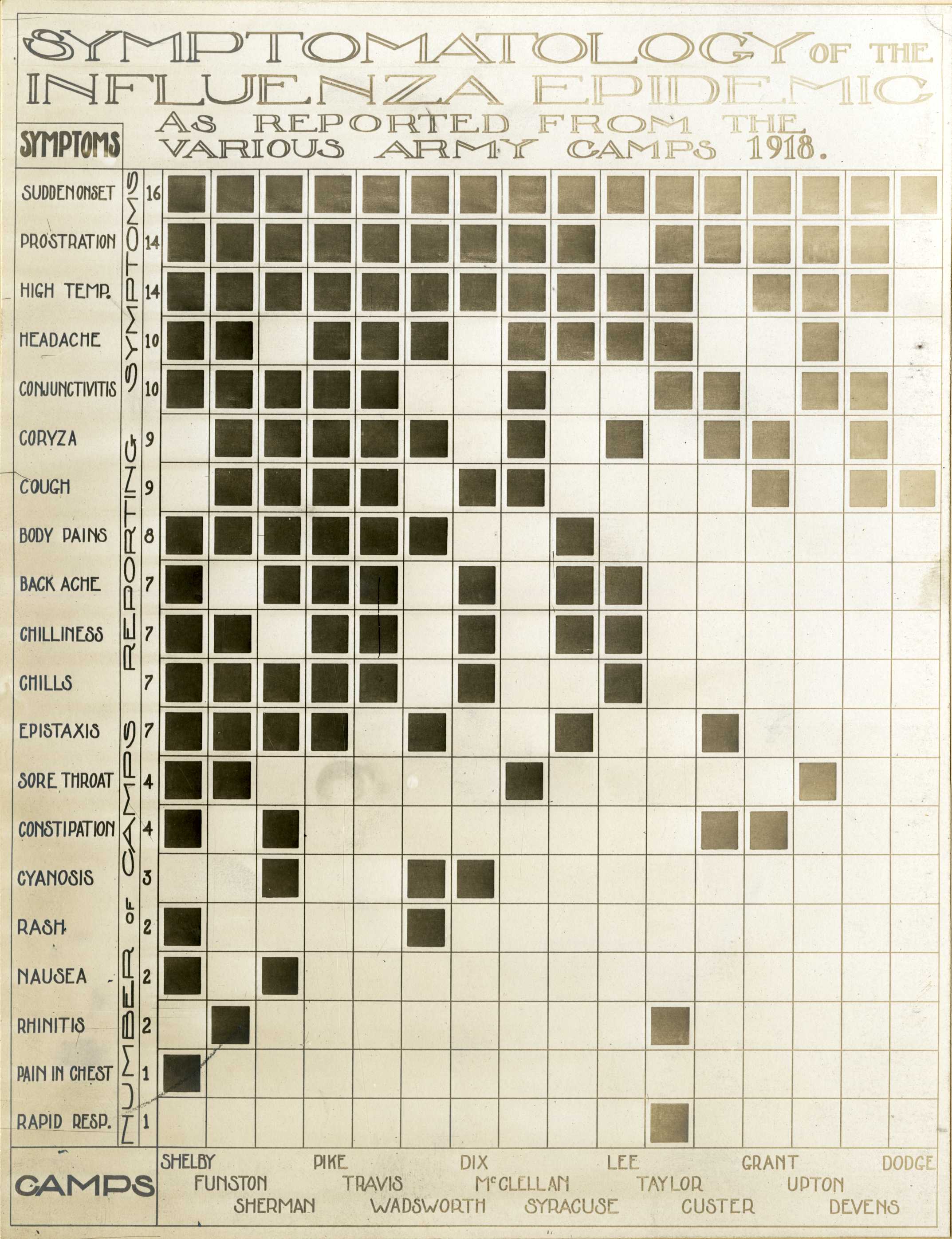
Spontaneous reporting of suspected narcolepsy after vaccination against pandemic influenza A (H1N1) in Germany
Sign Up to like & getrecommendations! Published in 2017 at "Pharmacoepidemiology and Drug Safety"
DOI: 10.1002/pds.4292
Abstract: We aimed at investigating whether, in Germany, the number of individual case safety reports (ICSR) of confirmed narcolepsy following Pandemrix® vaccination notified to the Paul‐Ehrlich‐Institut (PEI, German Federal Institute for Vaccines and Biomedicines) was higher… read more here.
Keywords: spontaneous reporting; narcolepsy vaccination; vaccination pandemic; suspected narcolepsy ... See more keywords

Improving the spontaneous reporting of suspected adverse drug reactions; an overview of systematic reviews.
Sign Up to like & getrecommendations! Published in 2023 at "British journal of clinical pharmacology"
DOI: 10.1111/bcp.15791
Abstract: AIM To conduct an overview of systematic reviews examining interventions to stimulate spontaneous reporting of suspected adverse drug reactions (ADRs) by HCPs and/or patients/carers METHODS: Systematic reviews published since January 1st , 2000, were identified… read more here.
Keywords: systematic reviews; reporting suspected; suspected adverse; reporting ... See more keywords

P46 Spontaneous reporting of suspected adverse drug reactions by children and young people: past, present and future
Sign Up to like & getrecommendations! Published in 2019 at "Archives of Disease in Childhood"
DOI: 10.1136/archdischild-2019-esdppp.84
Abstract: Background UK patients of all ages can contribute to the Medicines and Healthcare Regulatory Agency (MHRA) Yellow Card scheme (YCS), reporting suspected adverse drug reactions (ADRs). Children’s and young people’s (CYPs) contribution to, and awareness… read more here.
Keywords: drug reactions; drug; reporting suspected; adverse drug ... See more keywords